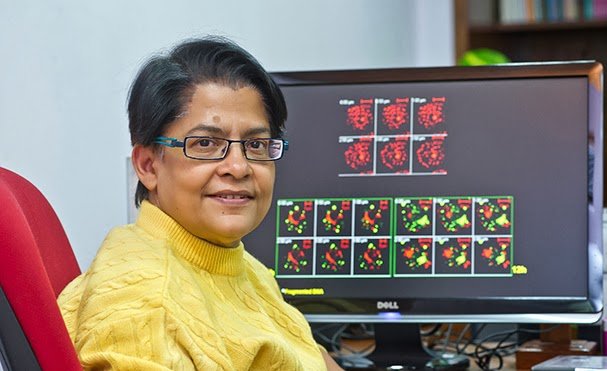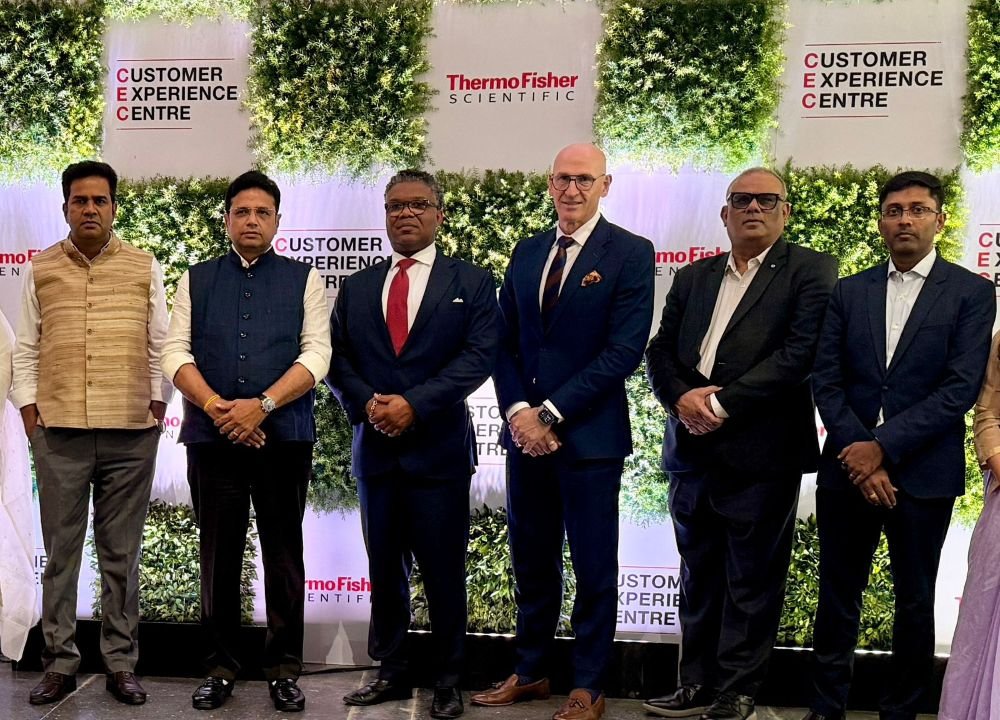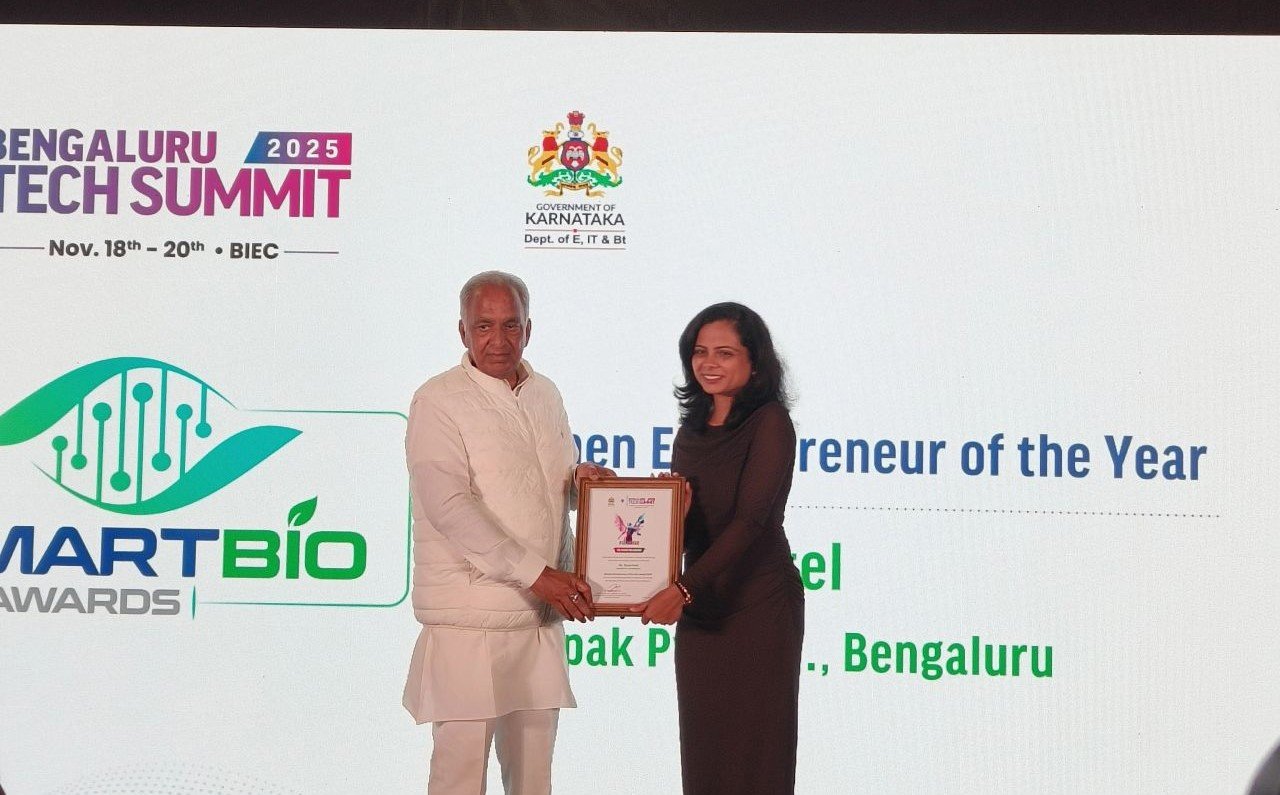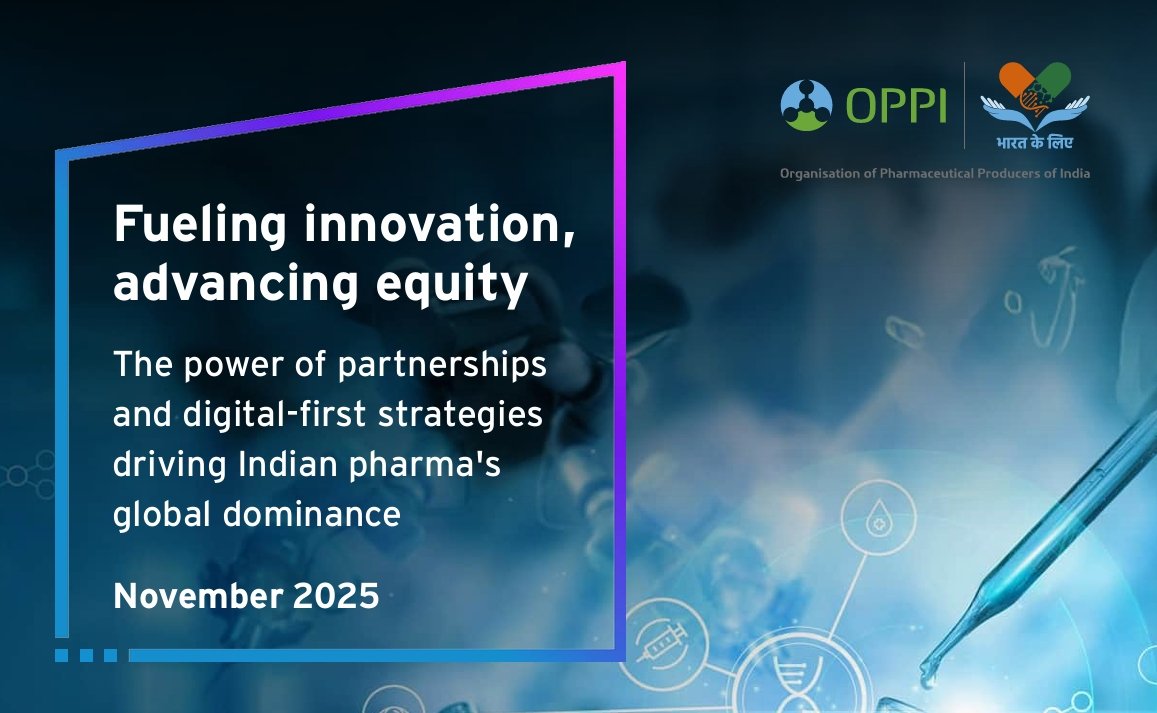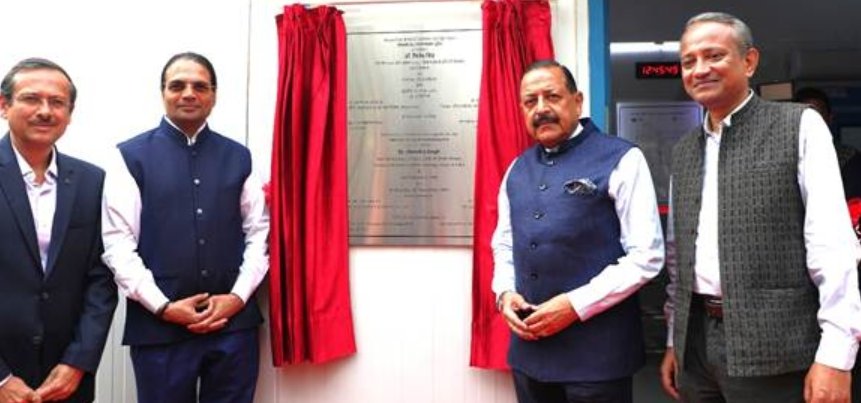“We need to change mindsets�
April 01, 2014 | Tuesday | Interviews | By Rahul Koul Koul
“We need to change mindsets�
Dr Chandrima Shaha, director, National Institute of Immunology, New Delhi
The New Delhi based National Institute of Immunology (NII) is a life sciences research institution with scientific programmes focused to study the body's defense and related systems. The institute was recently bestowed with 'Thompson India Innovation Award 2013' for being a leading institute in innovation under pharma, academic and government category.
Q: How do you feel about being recognized? Please tell us about the new developments that have happened at the institute?
What is nice about the award is to get nominated without even applying for it and then receiving it as well. So, it is good to receive this award and get recognized in this manner. NII has been always sensitive to the societal needs. While we do the basic high quality research, we are also trying to leverage innovations. NII's service to society is designed to be reachable through the process of applying ideas and discoveries spawned through basic scientific inquiry, into modalities for the treatment and prevention of diseases. And there are number of technologies that have been used for further development. Our focus is on the foundation as there can be no standing at all without it.
NII is committed to stimulate and foster the innovation capabilities of its scientists through encouragement to create intellectual property. The institute has transferred number of technologies to various pharma industries and a total of 21 granted international patents and 13 granted national patents are owned by NII. Close to 83 applications are pending. The institute collaborates with the biotech industry on interface extending from technology transfer, policy development and joint R&D programmes and has taken initiatives to develop human resources in bioentreprenuership.
Q: What about the focus on product development which is now being talked about as next stage for research institutes in India?
There are couple of initiatives we have taken to develop research products. NII has got variety of areas to focus upon. Biological products to combine. While immunological products are difficult to come by, there are three to four vaccines in the different disease areas in animals and humans. The department of biotechnology (DBT) has done a lot and we too have been trying to bridge the gap. We are trying to change the mindset and may be country as a whole has to follow new changes. We want to succeed with the industry.
Through bio-entrepreneurship courses held recently at NII, we are trying to make a difference and speed up the efforts on increasing manpower and human resources. Bio workshop is a place where people can learn about start ups. Because as a scientist, we never thought that we would be requiring resources for innovation. NII would like to increase policy decisions which we infact have been taking all along.
Q: Do you think that there is a need for increased funding for the institutes?
There is less money. Government needs to invest more in science. Also, we lack innovative lending culture in organizations and industry. The culture of lending money to science is prevalent abroad. Though there are few examples such as Tatas who have done it. More business houses must follow them and come forward to do science for society.
Q: Has it increased in your case?
The funding has increased through difficult times. We started with Rs 5 crore and there has been ten times increase to that amount. For the project money, there has been two folded increase. There are difficulties in procuring chemicals but I feel in comparison, we still are in good times. In a sense we have still good money but would have been better if it could have been more. Overall, I share a very positive outlook for future.
Q: What is your outlook for the next five years?
We will continue to focus on the basic research that we something we stand for. We have entered into innovation for product development five years back and we want to deliver on that front to the society. In the areas where we can deliver are infectious diseases, human immunodeficiency virus (HIV), malaria and few others where we can make the difference.


